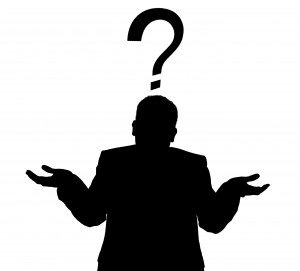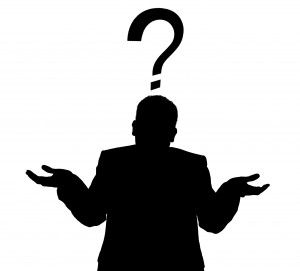
Recently at work, a very senior scientist asked me a project related technical question. After he asked me the question with very certain expression on his face that I would know the answer; I uttered following three words to his amazement.
“I don’t know”.
After I uttered those words, I felt little embarrassed but at the same time it was liberating. Embarrassed because I am working on the project; I am a scientist and I was expected to know. Liberating because I was in complete alignment with reality. I really didn’t know the answer and saying those three words was very freeing. It was an authentic and therefore an effortless response.
Later that feeling of little embarrassment intrigued me. Why did I feel it? I realised that under the feeling of embarrassment, there was fear of what this senior person would think of me as a scientist. I feared that he has certain` image of me as a scientist and that image will be compromised. However, if he had asked me a question about Australian politics, I would have said “I don’t know” without any trace of embarrassment. Why is this difference? Because I knew that he had no idea on my knowledge of Australian politics and he is not expecting me to give the correct answer. Thus, I have no fear of losing anything.
Too often you are expected to know. Especially, in the age of internet where there is so much information readily available at your fingertips, people expect you to know everything. But there is so much that you can know. You will always not know something even if you have a PhD in a particular field. I often see this in Q&A session after the power point presentations; presenter mumbles and gives a long-winded answer to the question where it should be simply “I don’t know”. You are scared to say “I don’t know” because you have invested too much in creating your sense of self for the eyes of external world. Depending on your personality and profession, people have certain reputation and expectation and you try to preserve that as much as you can. This can be mentally very draining. Whenever you struggle to say “I don’t know” in any area of life, realise that you are too tied up to the image people have of you in that particular aspect of your life.
Saying “I don’t know” is dropping your identity and When you drop your identity, radical honesty emerges.
Pretending to know is the epitome of an inauthentic expression.
Let it loose and say this often — I don’t know.

